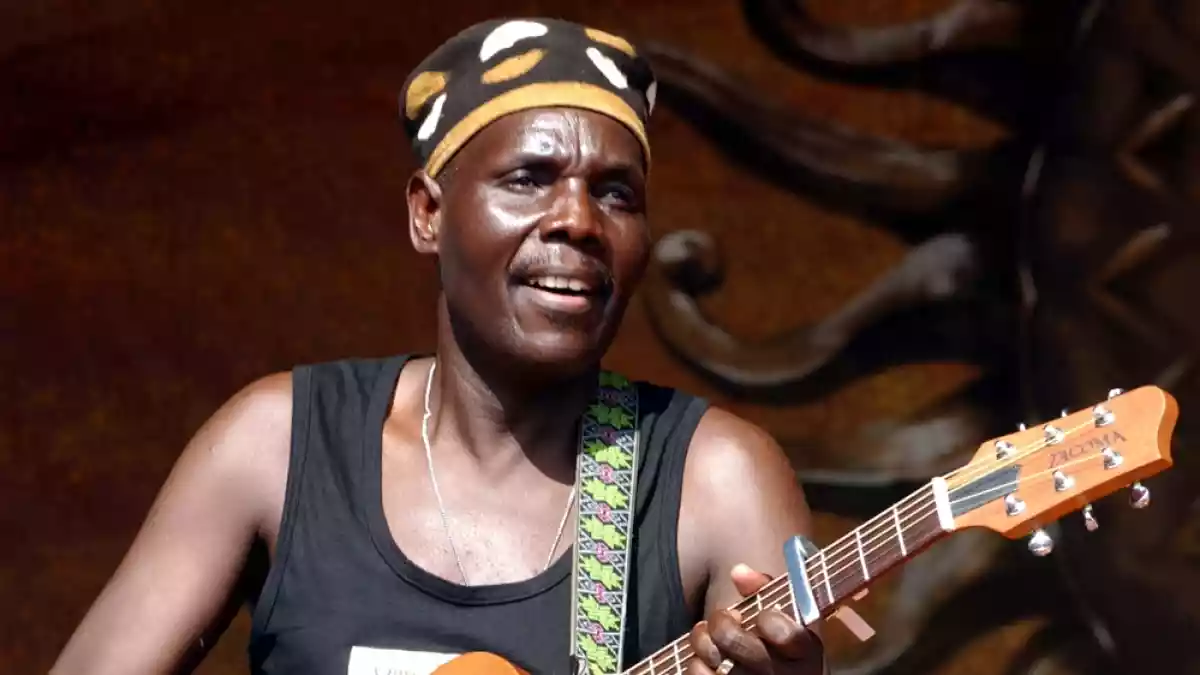
BY VANESSA GONYE RESEARCHERS at the Harare Institute of Technology (HIT) are investigating ways to maximise the use of cannabis to produce exportable value-added products.
Dean at the school of Industrial Sciences and Technology Amos Musengi told NewsDay at a recent symposium on hemp that Zimbabwe and other African countries were not benefiting from the exploitation of cannabis or hemp, adding that hemp had the potential to boost economies through value-addition for medicinal purposes.
Industrial hemp is a strain of a cannabis species that is grown specifically for industrial use of its derived products.
Its fibre is used in textiles and paper, and the plant also produces edible seeds.
“During the symposium we identified hurdles within the current regulatory framework governing the cannabis and hemp industry, which are hampering the growth of the industry. There were calls for revision of these laws that hinder beneficiation and production of medicinal hemp products,” Musengi said.
“As academics and technologists, we stand ready to act as the catalyst for this growth through the introduction and adoption of modern, home-grown technologies and solutions.
“We also expect that, as per our destiny, we will continue to be the stimulant of scholarships in innovation, and, therefore, provide platforms for academic discourse of this nature, which ultimately will lead the cannabis and other industries in progressive directions.”
Musengi pointed out that the country’s tertiary institutions should produce knowledgeable and technically competent graduates who are able to tackle and address the gaps in various industries in the country.
- Chamisa under fire over US$120K donation
- Mavhunga puts DeMbare into Chibuku quarterfinals
- Pension funds bet on Cabora Bassa oilfields
- Councils defy govt fire tender directive
Keep Reading
“For the cannabis/hemp industry, HIT is actively engaging in partnerships with different players in the industry. We are positioning ourselves (in terms of networks, human capital, infrastructure and other resources) to become the national reference centre for all cannabis and hemp-related programmes and projects,” he said.
“In the near future, we envisage running training programmes that will give requisite skills to anyone who may want to become a participant in the cannabis and hemp value chains.”
HIT will be offering cannabis and hemp analytical services to those requiring them, which will include testing the plants for purity, heavy metals, aflatoxins and other parameters.
“Analytical services will also be of use to security arms of the government, which might need this type of data to mount forensic investigations,” he added.
In 2019 the country said it would revamp its laws to allow farmers to grow industrial hemp for export.
Previously, the country’s laws only allowed planting of cannabis for medicinal and scientific use locally.
- Follow Vanessa on Twitter@vanessa_gonye










